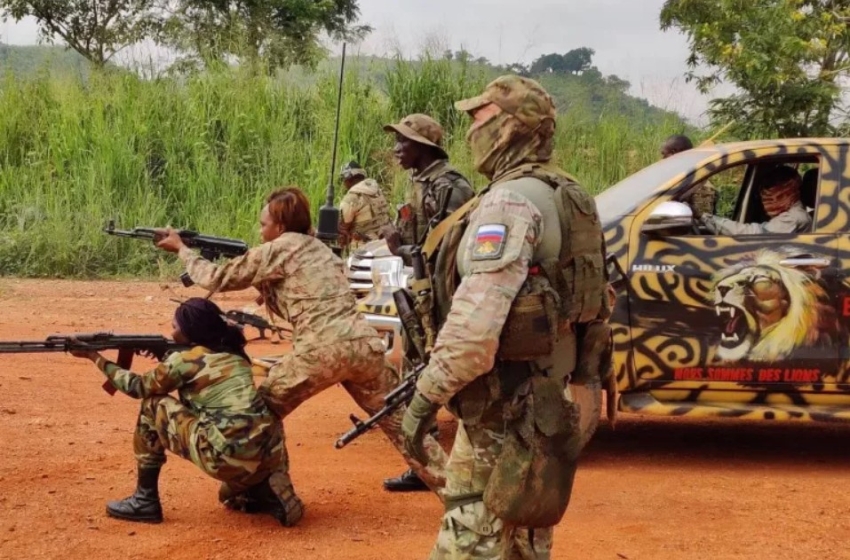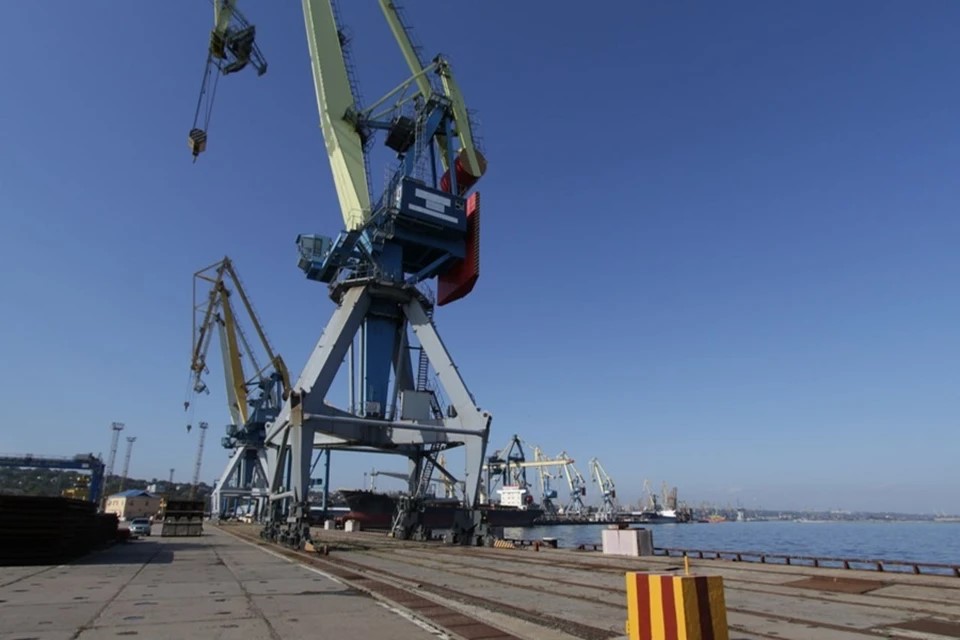Russia is exploiting the poverty of African countries for its own interests, turning vulnerable citizens of these states into cheap labor to support its defense industry, according to a new report by the analytical center RLI. The report focuses on a modern form of labor neocolonialism which experts believe has become an important element of the Kremlin’s foreign policy.
According to the report, amid labor shortages caused by mobilization, emigration, and sanctions pressure, Moscow is actively recruiting citizens from African countries to work at Russian defense enterprises. This is especially active in Mali, the Central African Republic, Burkina Faso, and Chad, where Russia has long-established close ties through private military companies and quasi-state structures. Cases of recruitment from Congo, Cameroon, Nigeria, Eritrea, Ethiopia, and Uganda have also been recorded.
RLI experts note that Russians exploit the unstable socio-economic situation in these countries by attracting locals through labor exchange programs, scholarship promises, or intermediaries connected to private military groups. Once in Russia, Africans often find themselves in conditions close to forced labor, without official work permits and with limited access to legal protections.
Most of them work at defense factories in Tula, Nizhny Novgorod, and the Urals, occupying low-skilled positions on production lines or in logistics. Some students, having lost scholarships or fallen into debt dependency, are also directed to work in the defense sector under the guise of being students.
According to RLI, Russia gains short-term benefits in the form of increased defense production and expanded influence in Africa through the dependency of local governments. However, for African countries, this practice has severe consequences: it violates international norms, undermines the African Union’s neutrality in the Russia-Ukraine conflict, fuels public discontent, and increases the risk of internal destabilization due to returning citizens with combat experience.
RLI emphasizes that Russia uses “labor migration” not only as a tool for economic gain but also as a means of political pressure. This involves conscious exploitation of poverty and vulnerability rather than mutually beneficial cooperation.
The report also offers recommendations to counter this practice. African governments are advised to thoroughly review agreements with Russia, stop the activities of recruiters linked to PMCs, and control migration flows. Western countries are encouraged to impose sanctions on enterprises and individuals involved in exploitation, support African students and workers affected by these schemes, and use international law to hold Russian organizers of labor exploitation accountable.
Strategic Recommendation
Western actors should combine legal, diplomatic, and intelligence tools to:
- Document the abuse publicly (UN, NGOs, media).
- Sanction specific individuals and institutions (e.g., military factories, directors).
- Encourage African nations to file formal complaints (to ICC, or jointly to UN bodies).
- Support national prosecutors in Europe with universal jurisdiction.





















